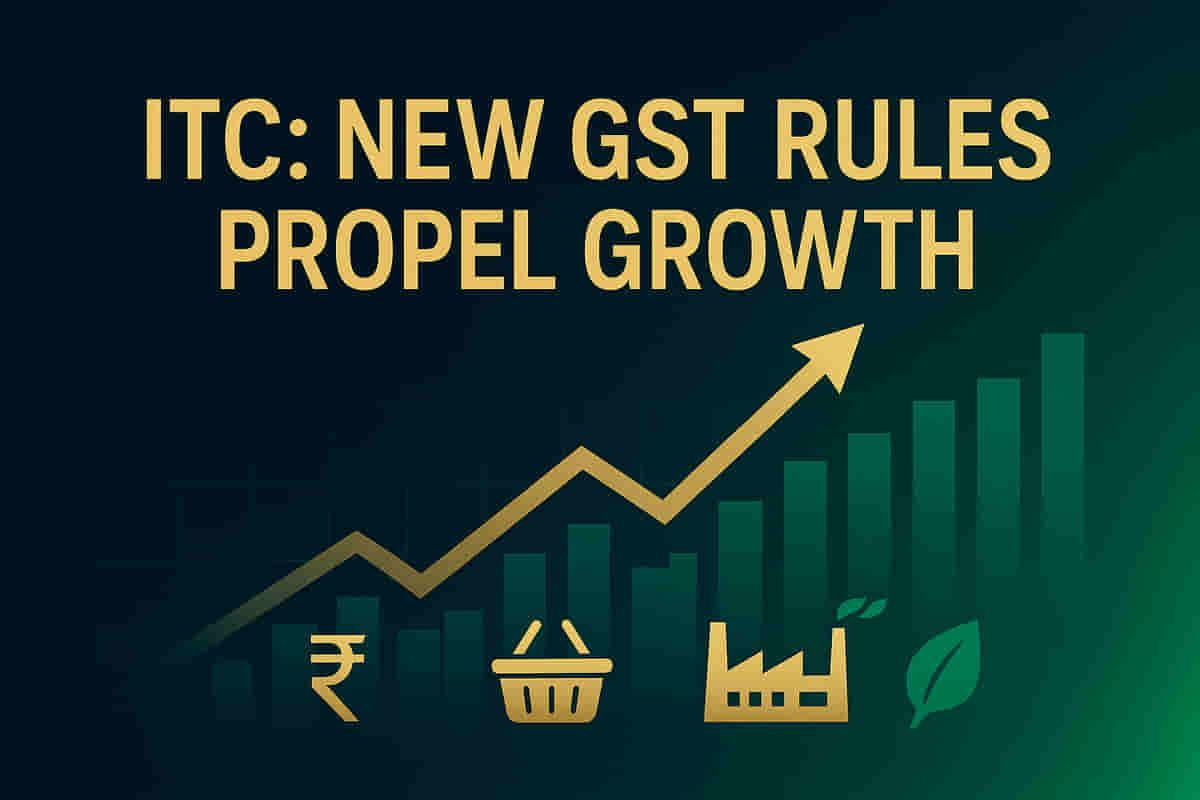ITC's Q2 FY26 Performance Strong Amidst Proposed GST Changes Enhancing Pricing Stability
Consumer Products
|
31st October 2025, 4:05 AM

▶
Stocks Mentioned :
Short Description :
Detailed Coverage :
ITC's performance in Q2 FY26 showcased resilience despite temporary operational hurdles such as GST-related disruptions and adverse weather conditions. Strategic pricing actions, coupled with declining inflation and effective cost management, significantly boosted EBITDA margins. The cigarette business maintained its steady operating profit growth, buoyed by an increasing premium product mix and the absence of adverse tax implications, although elevated leaf tobacco costs moderated sequential margin expansion. The Fast-Moving Consumer Goods (FMCG) segment demonstrated robust growth, signaling resilient rural demand and a recovery in urban consumption, further supported by GST adjustments and seasonal factors. Significant investments in the packaged food sector, aiming to leverage organizational strengths for the food-tech business and premium offerings, are poised to underpin long-term expansion. The segment's Annual Recurring Revenue has surpassed Rs. 1,100 crore. The paper business continues to face competitive pressures due to a lack of stringent government regulations, while the agri-business segment underperformed relative to a high prior-year base, although scaling up value-added agri-products is expected to improve growth and margins.
Impact The proposed changes in the Goods and Services Tax (GST), particularly the potential introduction of a 40 percent GST on the retail sale price for cigarettes, are considered a significant long-term positive. These changes are expected to foster greater pricing stability and curb tax evasion, thereby establishing a more predictable and favorable tax landscape. Although uncertainties persist regarding the exact timeline and nature of any new duties, the additional tax burden is not anticipated to be substantial. This, combined with the inherent inelasticity of demand for cigarettes and the rapid expansion across ITC's other business verticals like FMCG, agri-business, and paper, presents substantial long-term growth opportunities. The FMCG product portfolio may also benefit from potential GST rate reductions, leading to increased sales volumes. The stock is currently trading at an attractive valuation, below its 10-year average Price-to-Earnings (P/E) ratio, suggesting a good entry point for investors.
Definitions: GST: Goods and Services Tax, a comprehensive indirect tax levied on the supply of goods and services in India. EBITDA: Earnings Before Interest, Taxes, Depreciation, and Amortization, a measure of a company's operating performance. ARR: Annual Recurring Revenue, a metric used to calculate the predictable revenue a company expects to receive on a recurring basis. TAM: Total Addressable Market, the total market demand for a product or service. P/E: Price-to-Earnings ratio, a valuation ratio of a company's current share price compared to its earnings per share.